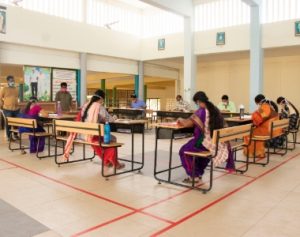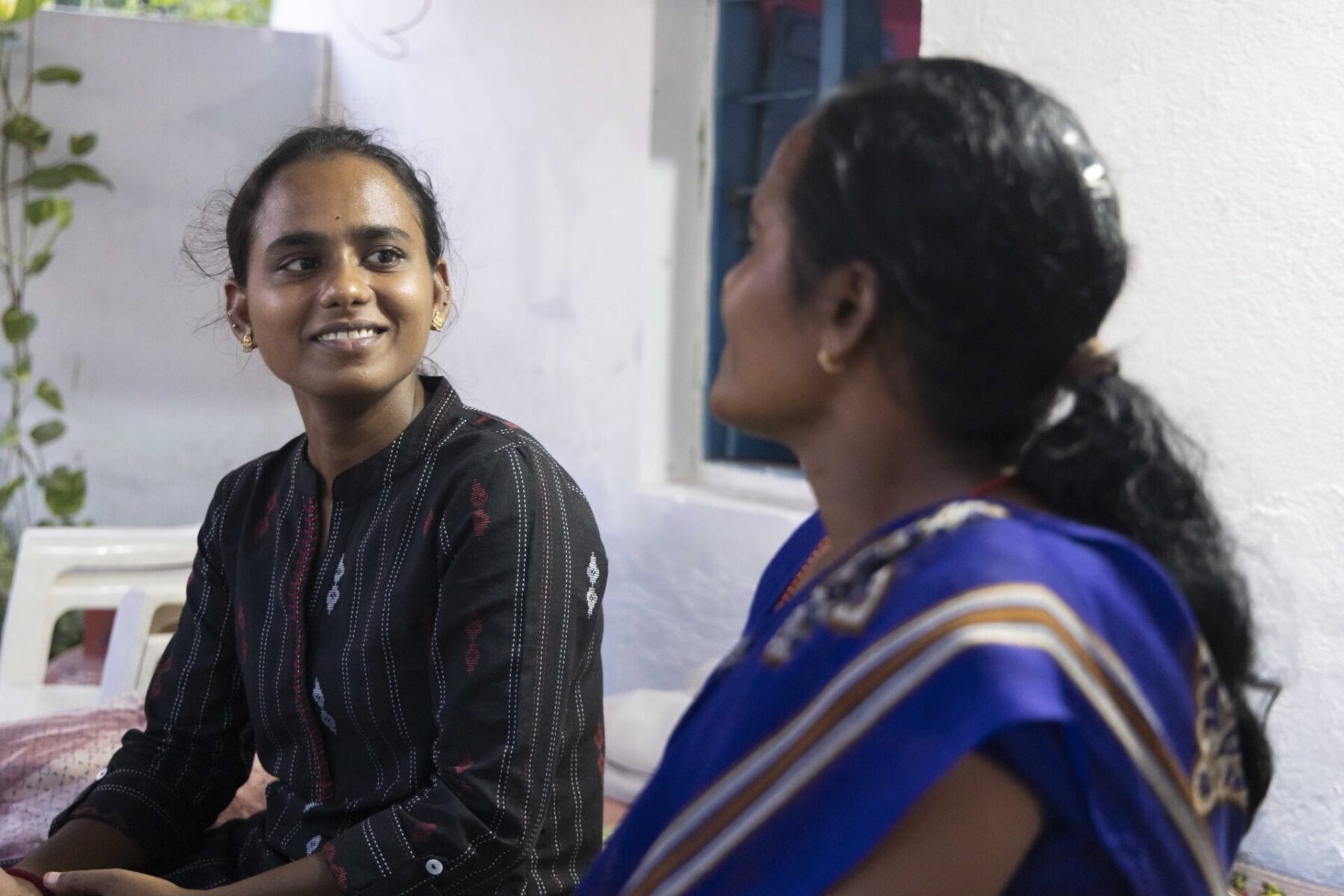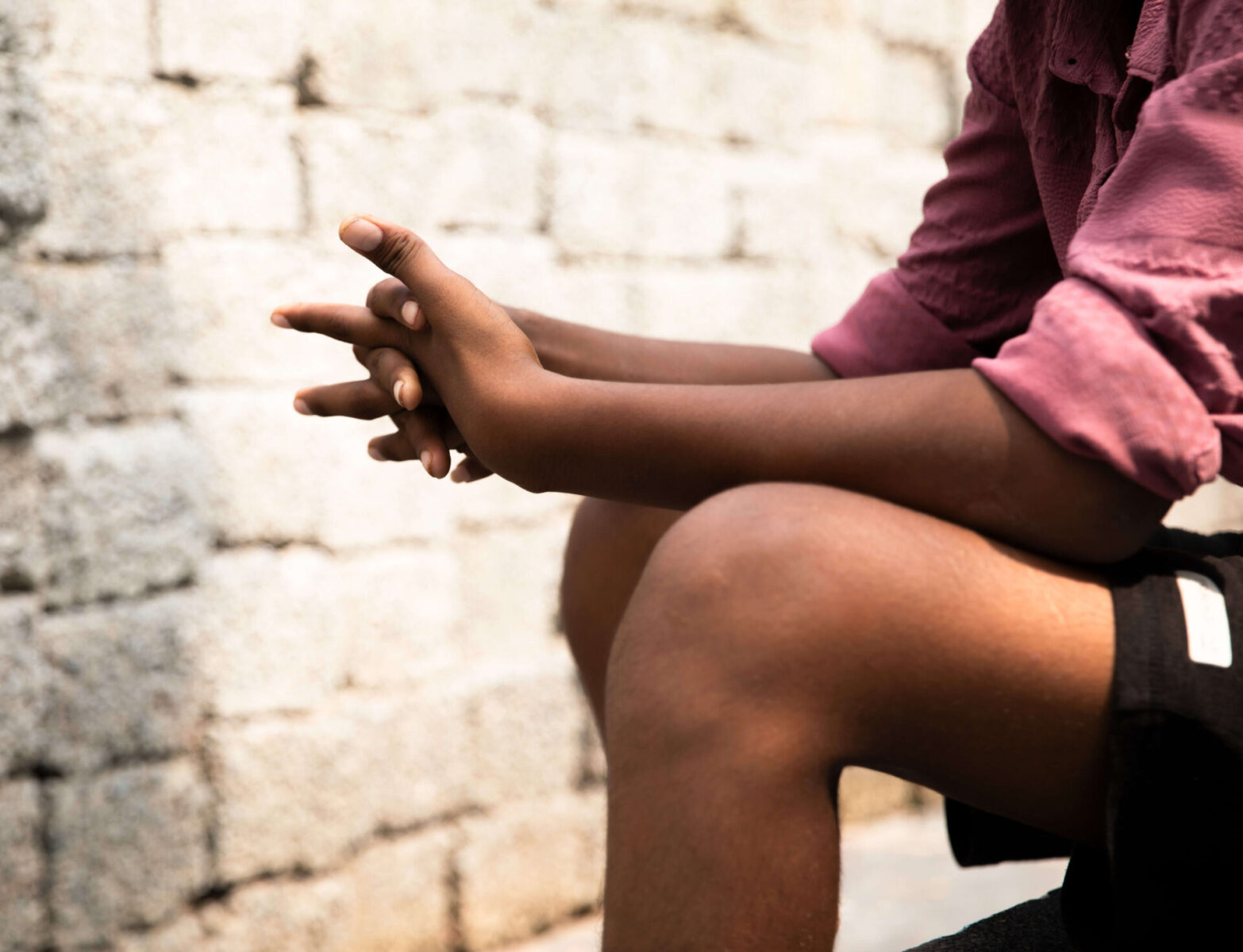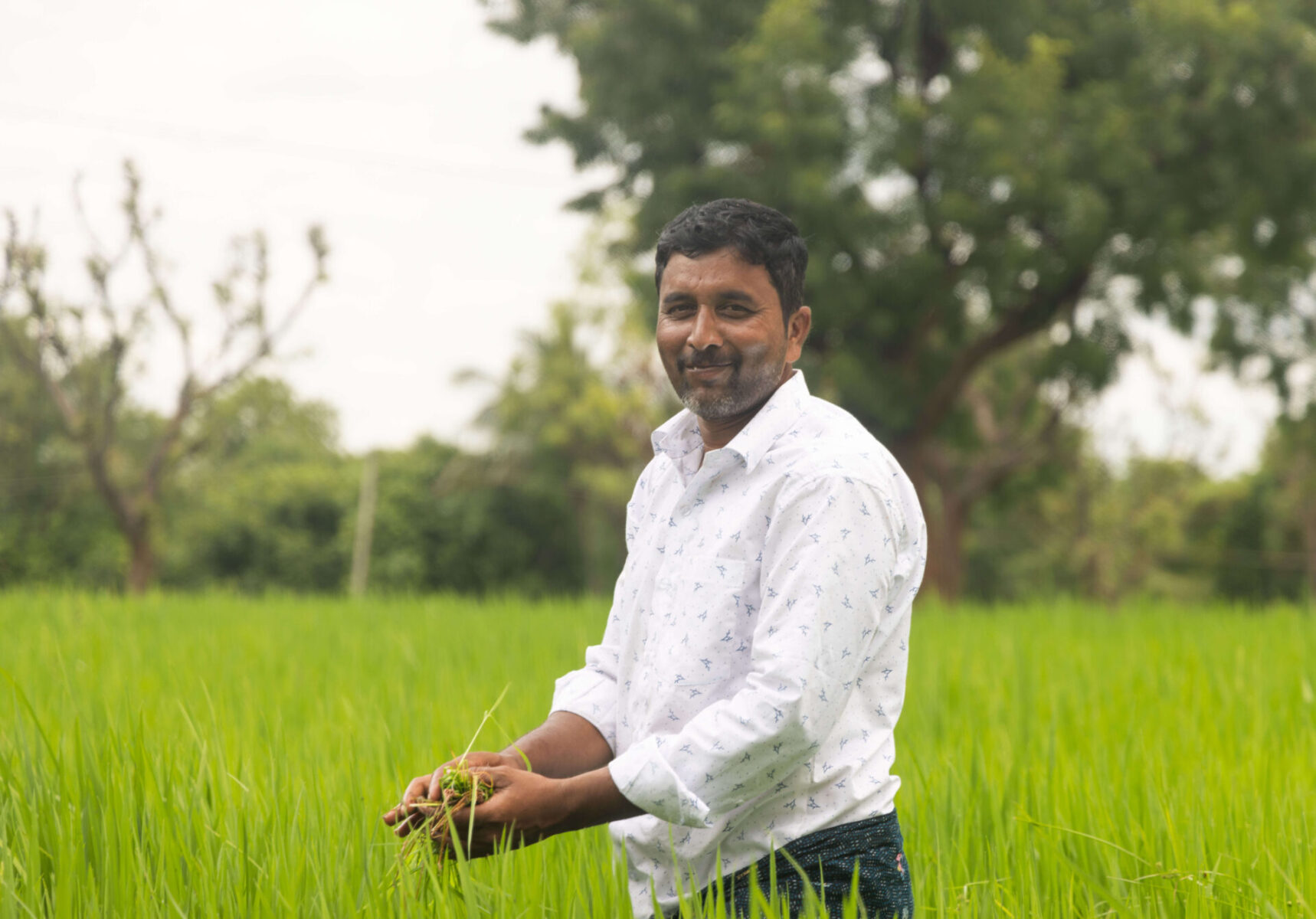10 teachers are sitting on desks, physically distanced from each other, and thinking hard to write the answers to an assessment. These teachers who generally conduct classes happen to be, for once, on the other side in the classroom as students, all thanks to a training organised by the Disability Inclusive Development (DID) sector of Rural Development Trust (RDT).
96 teachers from seven RDT Inclusive Education Schools participated in this training that started on 8th June and lasted for 6 weeks. These teachers interact and teach children with different disabilities. However, some only teach Braille or Sign Language. So to improve their knowledge base and skills, the DID sector decided to use this period in which schools are closed to organise this training in both languages.
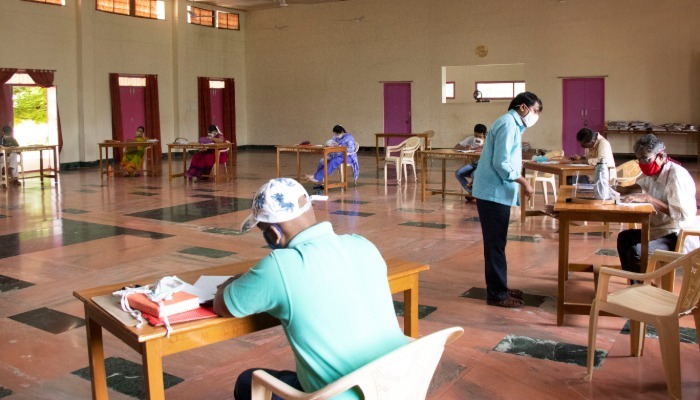
“With the schools being shut, we thought we could utilise this time to upgrade the skills of our teachers as such knowledge is helpful in creating inclusive spaces, especially in education,” says Yugendhar, Assistant Technical Director of the DID sector.
These trainings were organised physically for 53 teachers living in the campus of Bukkarayasamudram and Rapthadu ias also online for 42 teachers living elsewhere. During the six weeks, from Monday to Saturday, the teachers learnt alphabets, numbers and sentence framing in these sessions. “I had only basic knowledge in Braille earlier, now I can read and write in this language,” says Aruna who is a Telugu teacher in RDT High School for the Speech and Hearing Impaired children.
Hari, a Braille teacher in the RDT Inclusive Primary School, participated as both a facilitator and a student by teaching Braille to other teachers and as by learning sign language respectively. “I feel happy that I am teaching Braille to not only my students but also my colleagues. The 3 weeks of sign language training has given me the confidence to communicate and teach children with auditory and speech impairment. I feel happy about that.”
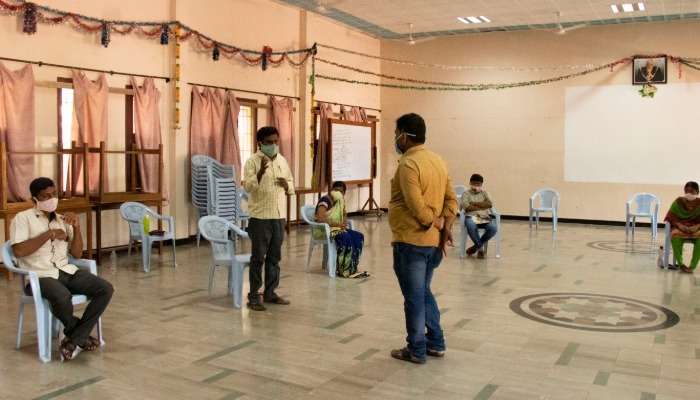
“We are always striving for inclusion through our work. In the future if our specialised schools take the path of inclusive education keeping different disabilities in mind, our teachers will be equipped to handle it,” says Yugendhar. “Earlier we did conduct sessions for a week to familiarize the teachers with Braille but now this training is more intensive. If we continue these trainings, our teachers will be fluent in these languages.”
The DID sector has plans to take a step further by organising a common training programme for facilitators across all centres that deal with children with various disabilities. This is being planned by Yugendhar and Zuleika who is the Manager of the Supported Living Programme and Early Intervention at DID.
“We want to conduct a training that will provide awareness on various kinds of disabilities, physical and intellectual. This training will also deal with characteristics of those disabilities, causes and preventions, identification criteria, aids and appliances as well as Acts and Laws, especially the recent, Rights of Persons with Disabilities Act (RPWD), 2016,” stated Ms. Zuleika. “This will be carried out in phases and we are thinking of the best way forward for this, keeping the preventive measures of the pandemic in mind,” she explains.
Keeping in mind, DID sector even created videos in sign language to make information about coronavirus accessible to all.

Training such as these go beyond the dimension of upgrading skills. Lack of awareness and the stigma attached to disabilities restricts the growth of people with disabilities, especially children. When adults, with and without disabilities, learn languages such as Braille or Sign Language and are aware of disabilities, they can sensitise others around them and contribute towards creating inclusive spaces.
“Having partial visual impairment myself, I know how isolating can it be when you cannot communicate easily. Learning sign language through this training was a novel experience for me. Now I can begin to communicate with children and people with hearing impairment and we can share our experiences together,” says Mahesh, a life skill teacher at the RDT Inclusive School, with a smile.
Pictures and text: Felita Viegas

